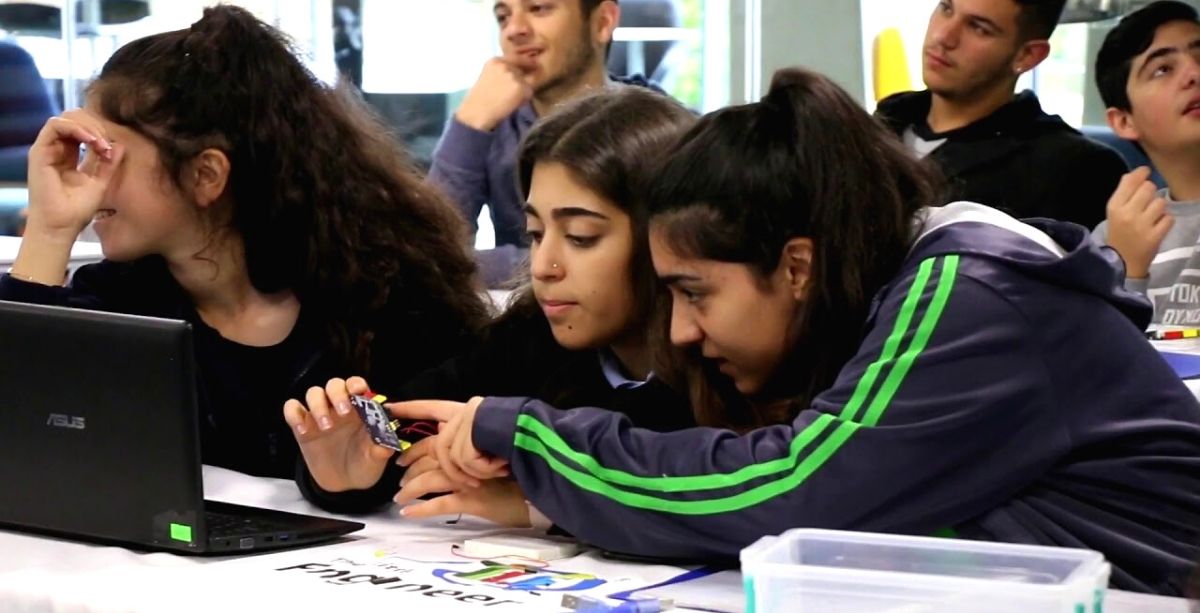Lebanese caretaker Education Minister Tarek Al-Majzoub has maintained that this year’s official exams will be held on time, as scheduled, in July, despite the shaky school year that has rendered many students – and, perhaps, even teachers – unready for them.
Academically, the past year has not only been rough because of the pandemic but also because of the terrible economic crisis, which has hit teachers as hard as the rest of society.
Facing their country’s collapse, many teachers have opted out, seeking a better life with a more promising future elsewhere.
Those who remain in Lebanon continue to face the rapid devaluation of their salaries and unbearable inflation alongside everyone else.
On the other hand, numerous families have been forced by the deteriorating conditions to pull their children out of school and, in many cases, have them work instead.
Once Among the Best
While it might not immediately get the most attention when people talk about the ongoing collapse, Lebanon’s education sector is a vital one for the sake of current and future generations, as public policy consultant Sara El-Yafi has recently pointed out.
“If you strike this sector, you strike the Lebanese society in its core, and it might be a final knockdown,” El-Yafi emphasized during an interview with MTV’s Sar El-Waet (It’s Time) last week, answering a question about the state of education in Lebanon amid the crisis.
This is because, as she pointed out, Lebanon was one of the top countries in the world when it comes to the quality of education, despite its incompetence in many other sectors, according to World Economic Forum’s 2017-2018 Global Competitiveness Index.
For instance, Lebanon ranked 18 out of 137 in terms of the Quality of the Education System on the index, 15 out of 137 in the Quality of Primary Education, and also 15 in the Availability of Scientists and Engineers.
Additionally, the country ranked 9 out of 137 in the Quality of Management Schools, not to mention 4 out of 137 in the Quality of Math and Science Education.
Needless to say, due to everything that has happened since 2019, Lebanon’s quality of education, and its education sector as a whole, are not as robust today as they were in 2017 or 2018.
With that in mind, pointing out the direct effect education has on the overall quality of life, El-Yafi voiced a serious concern: “Just imagine what will happen if the education sector falls apart in Lebanon and what will be its cultural consequences.”
Such a scenario is, unfortunately, not too far-fetched considering the unfolding crises in Lebanon and the ones waiting right around the corner.
















